Lesotho fails to meet human trafficking eliminating standards

SHARE THIS PAGE!
Lesotho is still struggling to fully meet international minimum standards for eliminating human trafficking, it has emerged.
It has been four years since the country was upgraded to Tier Two in the 2021 U.S. Trafficking in Persons Report for taking concrete measures to eliminate trafficking. Tier 1 means a country’s government fully meets the minimum standards established by the Trafficking Victims Protection Act to combat severe forms of human trafficking.
And now, the 2025 US Human Trafficking Report noted that while the government of Lesotho has demonstrated overall increasing efforts compared with the previous reporting period, it still fails to meet minimum standards. As a result, the country remains on Tier 2 ranking.
The report, which was released last week, called for enhanced efforts to investigate and prosecute human trafficking cases, also underscoring the need for stringent penalties for those convicted, including officials involved in trafficking.
It observed that the government initiated six new investigations into human trafficking, comprising four sex trafficking and two labour trafficking cases. It continued seven investigations from the previous reporting period 2023.
In terms of prosecution, the government initiated four new cases involving four alleged traffickers and continued 14 prosecutions from the previous period. Additionally, a court convicted and sentenced one trafficker to 15 years imprisonment, with five years suspended.
The government increased allocated funding for the Lesotho Mounted Police Service (LMPS) Anti-Trafficking and Migrant Control (ATMC) Unit from M100,000 in 2022 to M135,000 in 2023. The unit maintained five specialised focal points, composed of three to four investigators, in Botha-Bothe, Leribe, Mafeteng, Mohale’s Hoek, and Maseru.
The report also called on the government to boost its law enforcement efforts to combat human trafficking, such as providing specialised training for police, immigration officials, and labour inspectors to identify and refer victims to care.
It further urged allocating funding for victim services and increasing the availability of protection services for all trafficking victims, especially males.
“This can be achieved by partnering with civil society organisations and allocating sufficient funding on in-kind support to ensure that victims receive the necessary care and support to rebuild their lives,” it says.
Lesotho needs to institutionalise and consistently enforce string regulations and oversight of labour recruitment companies, including by eliminating recruitment fees charged to migrant workers and holding fraudulent labour recruiters criminally accountable.
“The government of Lesotho should formalise collaboration with foreign governments to increase information sharing and coordination on transnational trafficking investigators.
“It should also systematically collect and analyse anti-trafficking law enforcement and victim protection data, screen foreign workers for forced labour indicators and refer identified forced labour victims to appropriate services,” the report reads.
It revealed that the government has demonstrated more efforts by increasing prosecutions of alleged traffickers and funding for anti-trafficking law enforcement efforts.
It has also increased efforts to raise awareness of trafficking and established 11 community-based protection committees focused on trafficking prevention.
The government further established an office to investigate cybercrime, including cases that involve human trafficking.
Commenting on the report, the Director of Migrant Workers Association of Lesotho, Lerato Nkhetše, said many Basotho fall prey to human trafficking due to the country’s dire employment situation.
Desperate for work, they become vulnerable to false promises of job opportunities, often outside the country.
Nkhetše stated that most human trafficking victims are lured through social media, citing that the government has failed to monitor this space to ensure the recruiters are legitimate and to track down perpetrators.
“If as a country we fail to monitor social media and so-called recruiters on social media, while we know that recruiting agencies should be legally registered, we are failing Basotho and putting them in the mouth of the lion,” he told theReporter in an interview on Tuesday this week.
He also called on the government to establish safe centres for victims of human trafficking, where they can receive rehabilitation and healing.
Despite having the 2011 Anti-Trafficking in Persons Act, the law’s implementation for victims’ support has been lacking, denying them necessary assistance and compensation, he alleged.
The amended law prescribes penalties of up to 25 years’ imprisonment for trafficking of adults and up to life imprisonment for the trafficking of children.
Nkhetše criticised a provision that allows property seized from perpetrators to be used to compensate victims through a fund, suggesting that this may encourage perpetrators rather than punishing them effectively.
For his part, the Lesotho Mounted Police Services spokesperson, Senior Superintendent Mpiti Mopeli, urged Basotho seeking opportunities abroad to verify the legitimacy of such opportunities with relevant stakeholders, including government agencies or reputable recruitment agencies, to help prevent failing prey to scams or exploitation.
He emphasised the importance of community vigilance in preventing human trafficking, and urged the public to report any suspicious activities as their tips can help police bring perpetrators to justice.
“Human trafficking is a serious violation of human rights that affects millions of people worldwide. As the police, our role is to identify and rescue victims, while also working to dismantle trafficking networks. We urge the public to report suspicious activities. If you suspect someone is a victim of human trafficking, don’t hesitate to reach out to us,” he implored in an interview with this publication this week.
Human trafficking refers to a crime whereby traffickers exploit and profit at the expense of adults or children by compelling them to perform labour or engage in commercial sex.
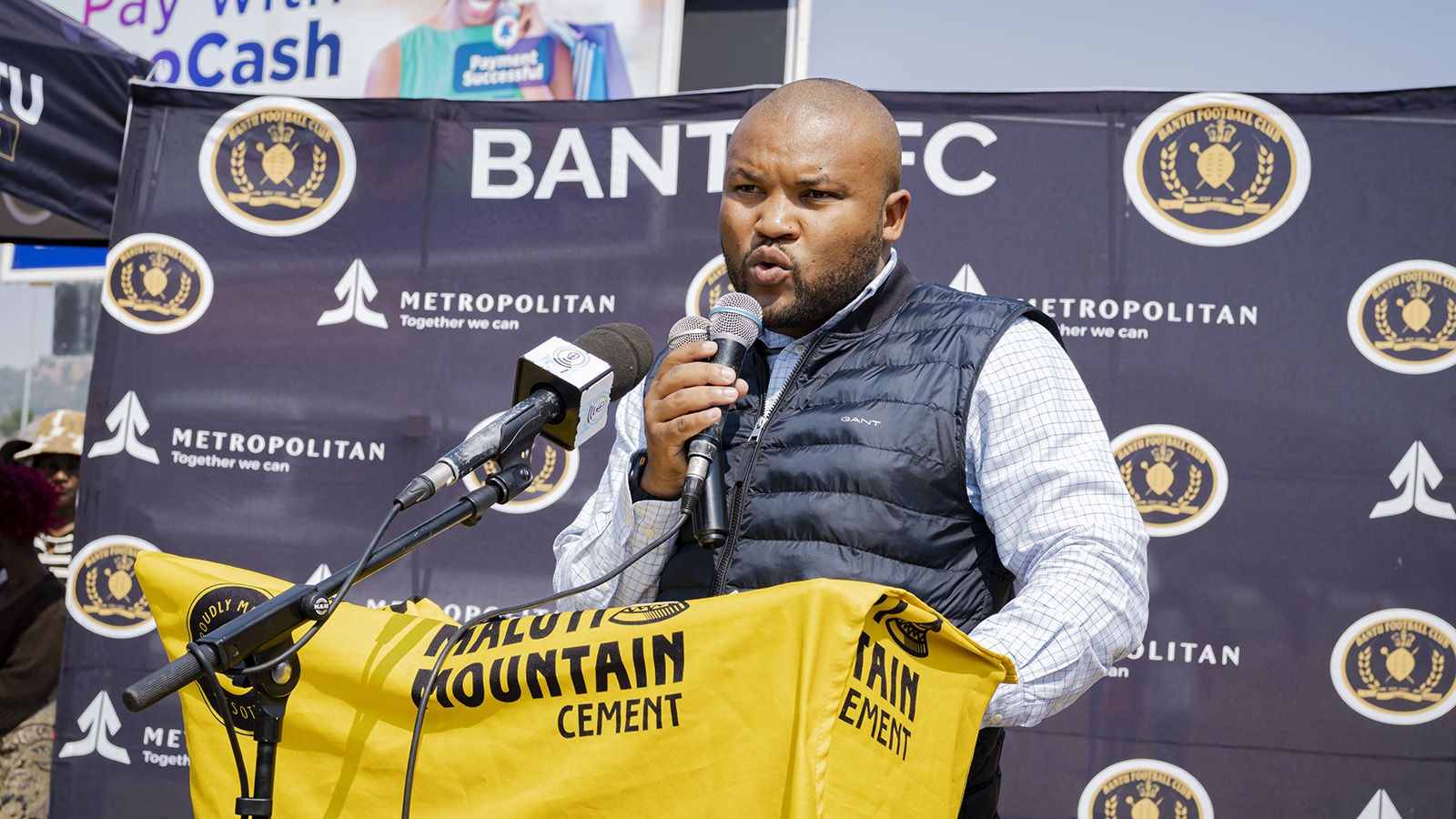
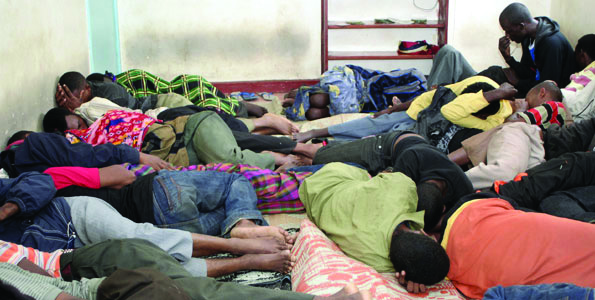
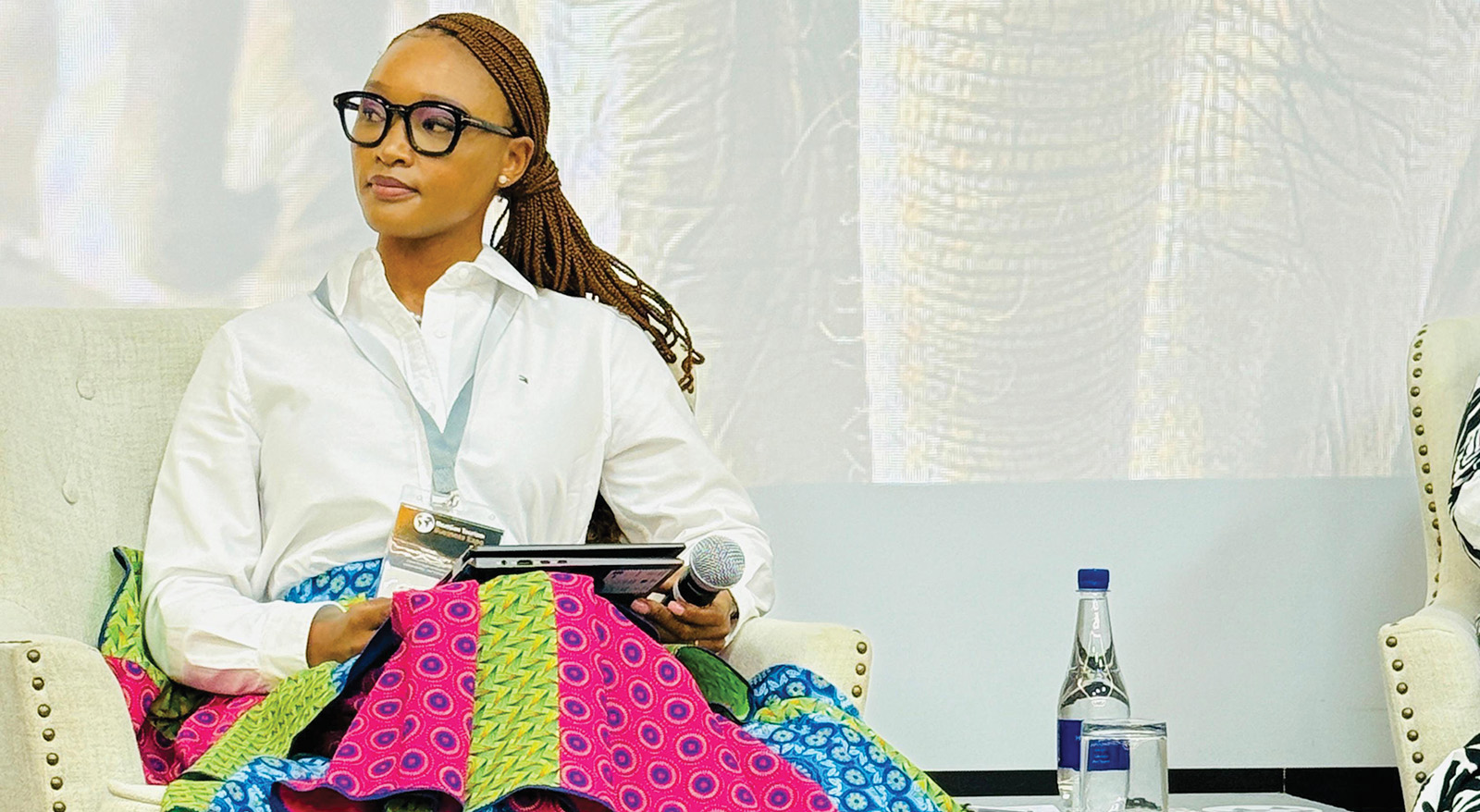
Mopeli puts Lesotho on global tourism map
6 days ago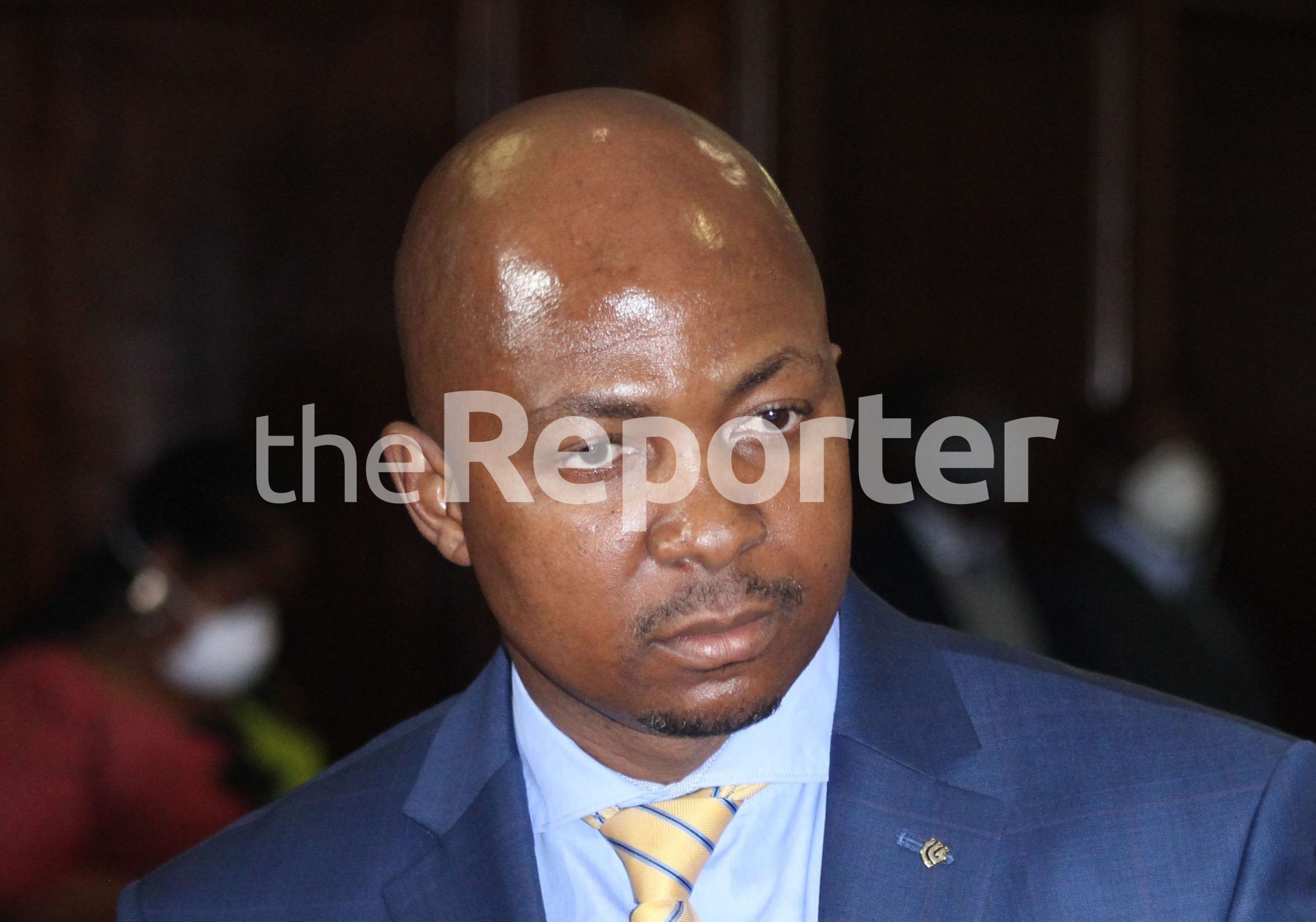
Maqelepo launches Maseru Youth Games.
15 days ago

Leggings debt lands woman in court
21 days ago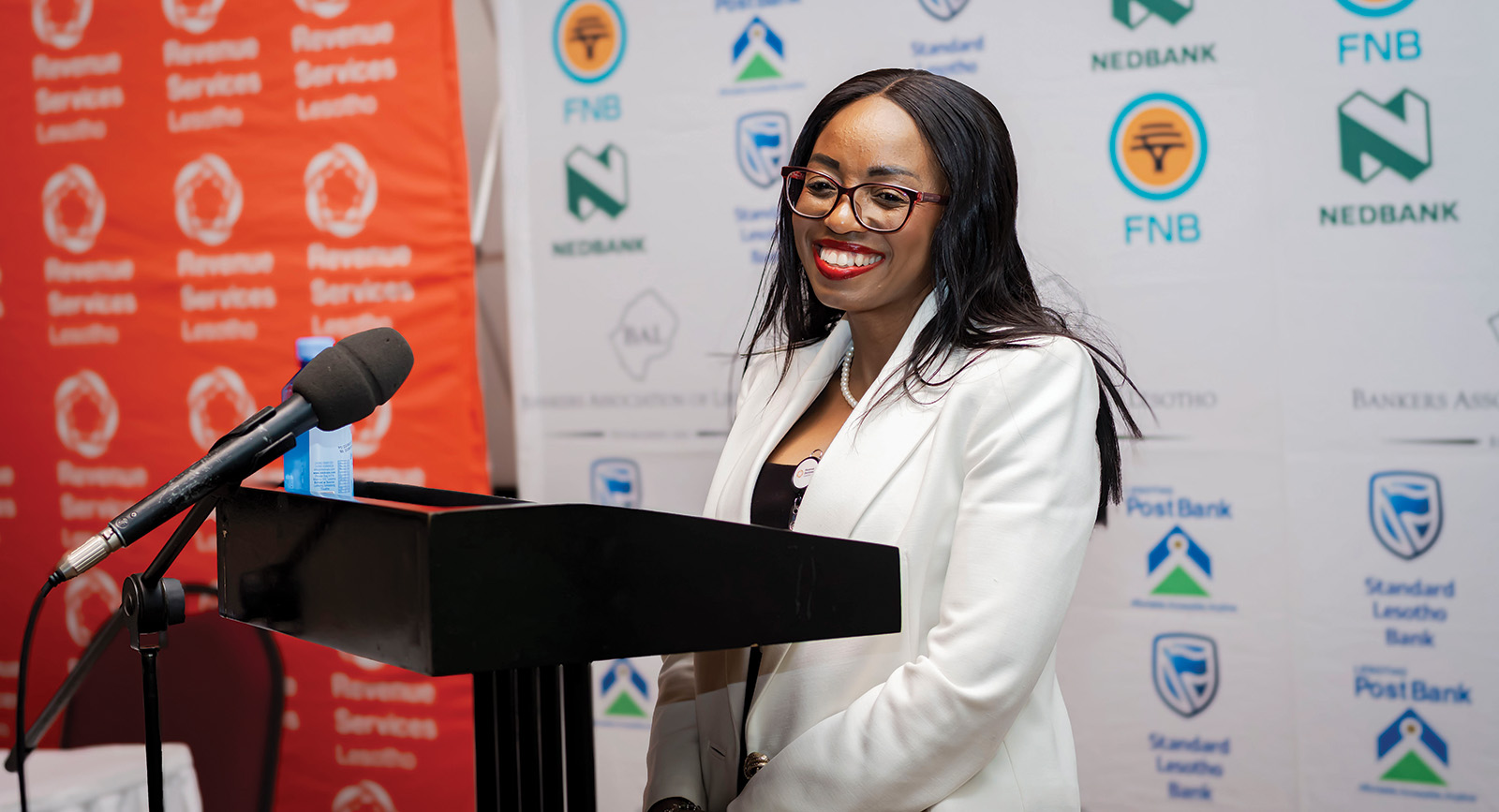
New pact targets tax compliance, jobs
21 days ago
Lesotho to host first-ever SACC race
21 days ago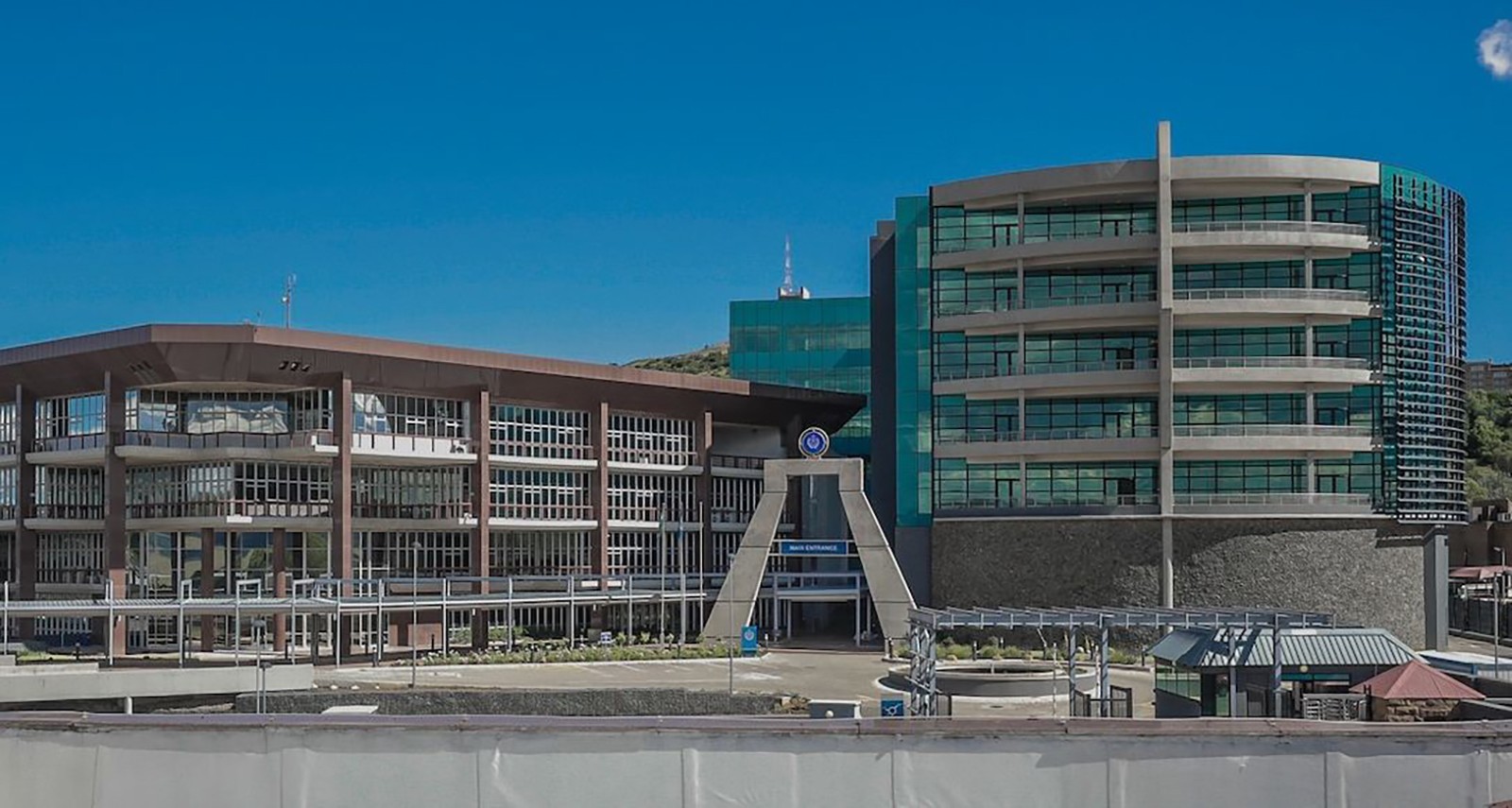
CBL holds rate, shields peg from global storms
22 days ago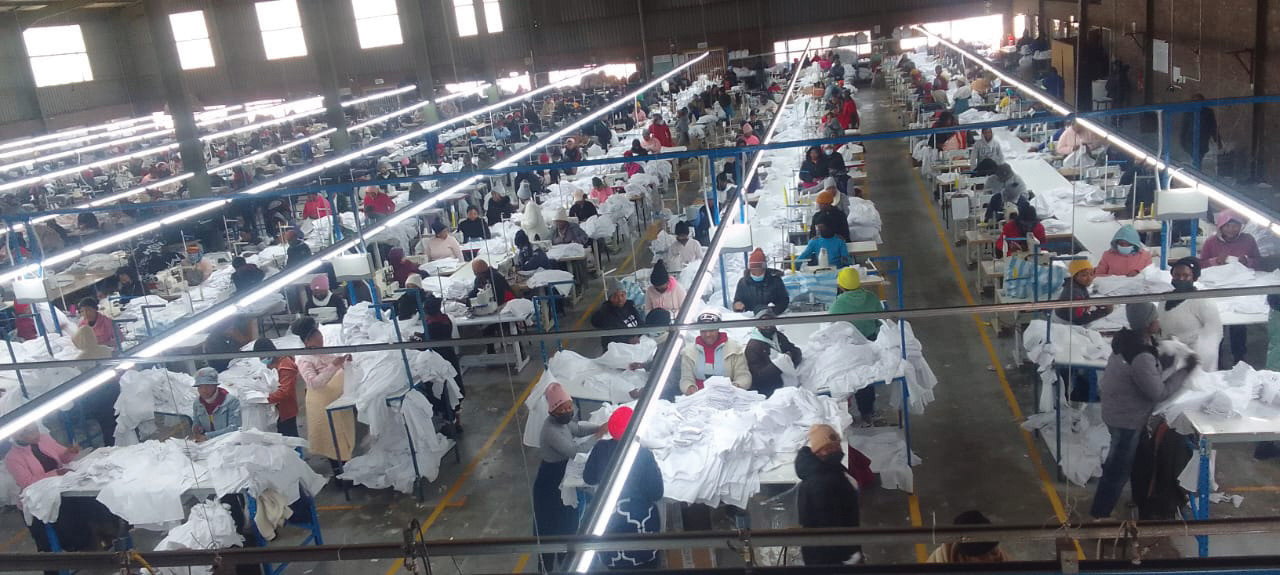
Trade unions cast doubt on AGOA renewal
24 days ago